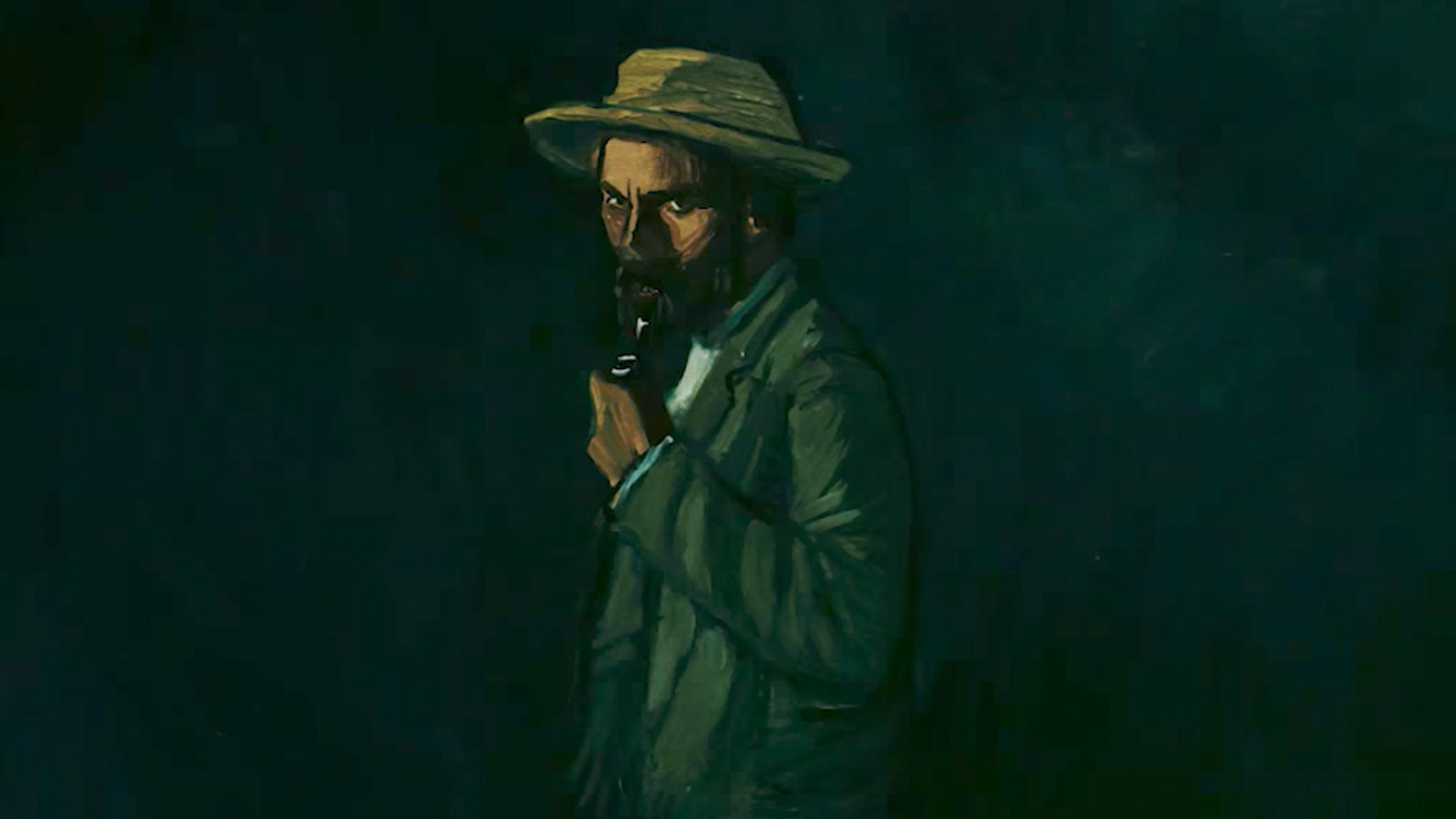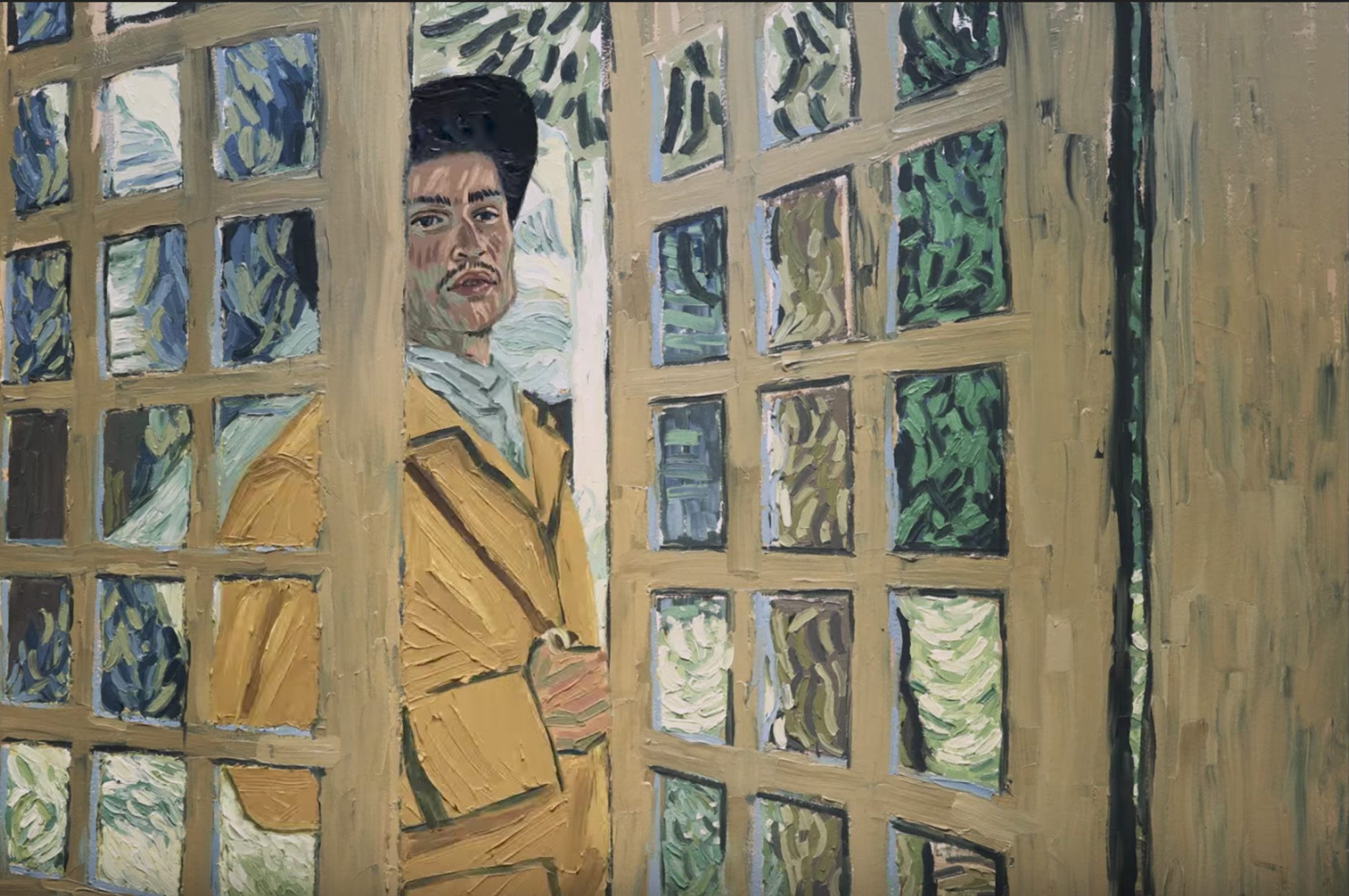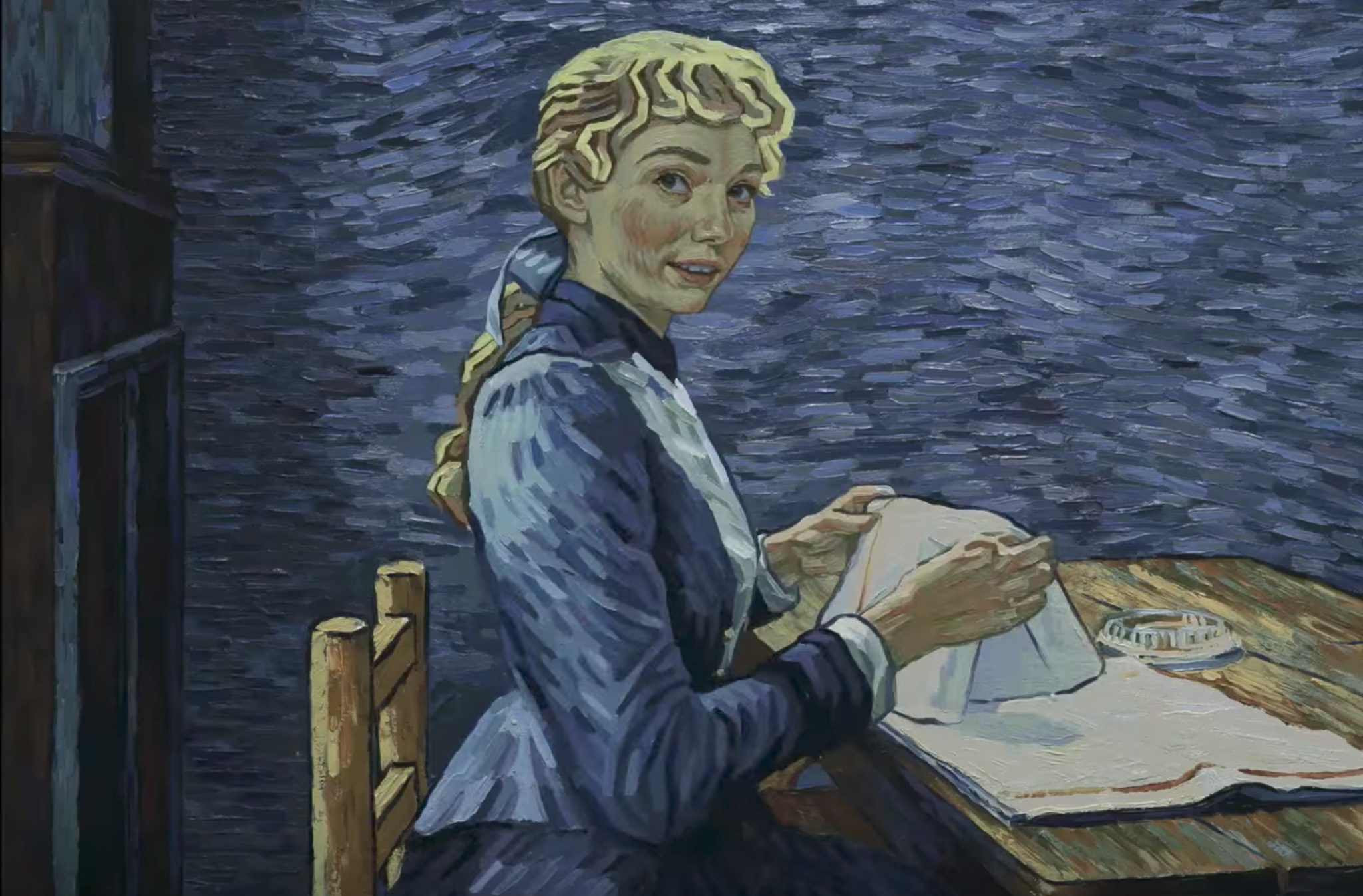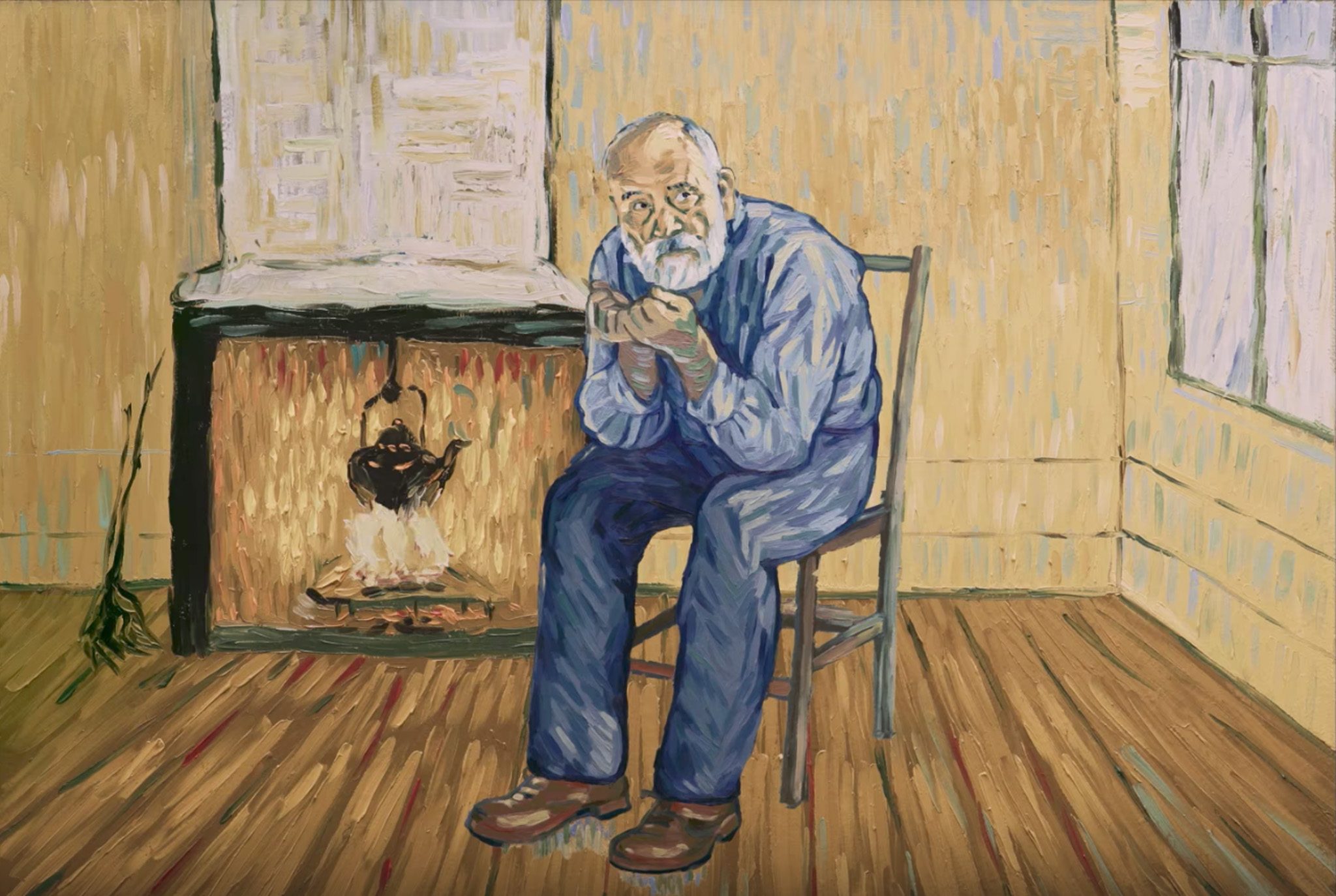SUMMARY
This is AI generated summarization, which may have errors. For context, always refer to the full article.

Dorota Kobiela and Hugh Welchman’s Loving Vincent is undoubtedly a labor fueled by both love and madness.
From tragedy to mystery
Being the first fully painted animated film, it is definitely a spectacle from the first frame to the last, especially if the peculiar aesthetics of Van Gogh is your cup of tea. Unfortunately, it is that reliance on spectacle that becomes the film’s undoing. There just isn’t enough substance in the actual film to turn its glaring pageantry into something more profound.
Armand Roulin (Douglas Booth), the melancholic subject of at least two of Van Gogh’s portraits, is on a mission to deliver the final letter of the famous painter. Hesitant at first, the son of Van Gogh’s postman travels to the painter’s last residence to uncover truths that are vastly different from what has been impressed upon him by reputation and hearsay.
Fashioned like a mystery that is grounded in probably one of the art world’s most heartbreaking tragedies, Loving Vincent unfolds frustratingly from extended conversations that make way for monochrome flashbacks of the painter’s hidden life. While the storytelling style, which relies predominantly on talking heads, opens for visuals that are dominated by beautifully painted portraits, it is the film’s pacing that ultimately suffers.
Often captivating

The film is often arrestingly captivating but the cost of that is great.
Its biggest problem is that it crawls at a near glacial pace, with only its unique look serving as anchor for comfort. When the initial allure of the film’s clever conceit fizzles, and it almost immediately does, the film reveals its shallow appreciation of the life of the artist, how it doesn’t really explore the 3-dimensional workings of an unappreciated genius because it settles for convenient romanticizing and easy platitudes.

It’s all good and dandy if expectations are low, but if the goal is to get a more exhaustive glimpse of Van Gogh’s life, then Loving Vincent just doesn’t do the trick.
Robert Altman’s Vincent and Theo (1990) offers a far more sincere and balanced portrayal of the artist, without having to rely on visual gimmickry. Crows, the vignette in Akira Kurosawa’s Dreams (1990) that situates itself in one of Van Gogh’s paintings, feels like a far more meaningful tribute to the Dutch artist in the sense that its merging of painting and filmmaking comes not from a desire for spectacle but from something deeper and more heartfelt.
Meager commemoration

Loving Vincent is a nice addition the all the films that celebrate Van Gogh’s artistry. It is just unfortunate that its ambition is not hinged in exploring the complexities of that artistry but in meager commemoration. – Rappler.com
Add a comment
How does this make you feel?
There are no comments yet. Add your comment to start the conversation.